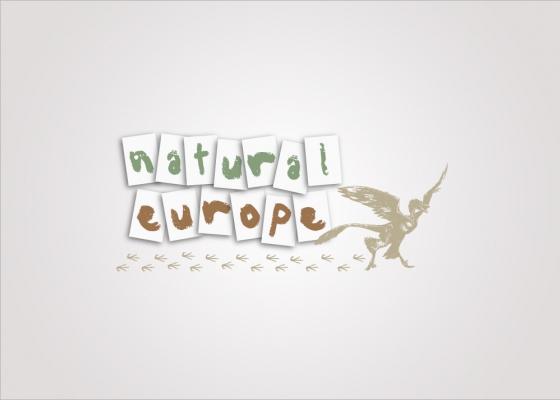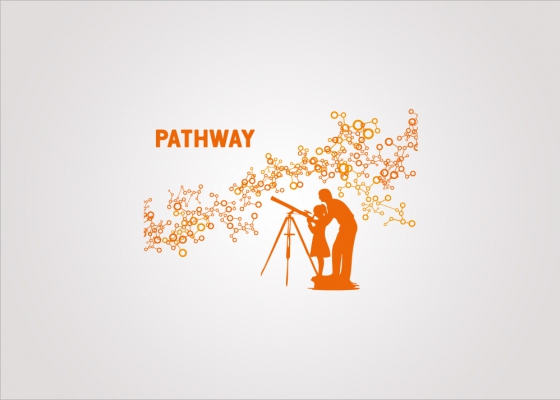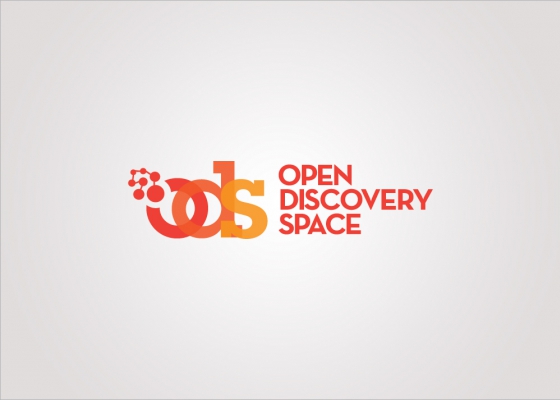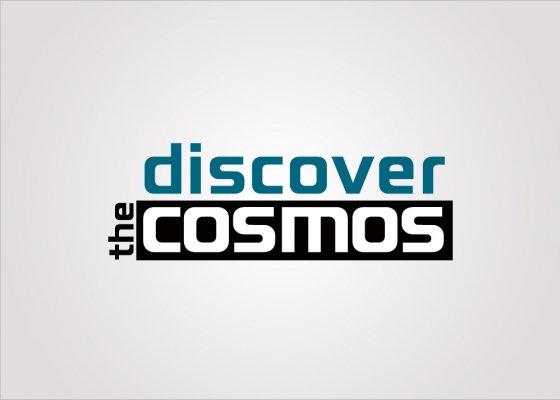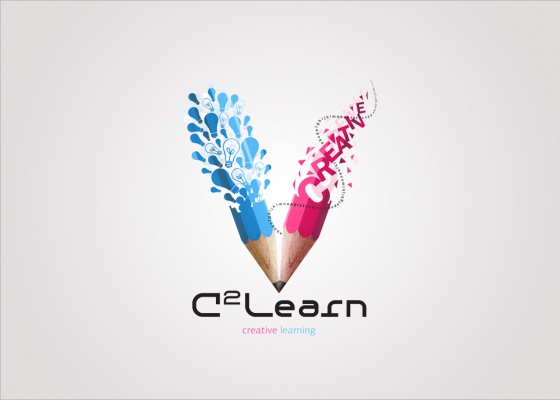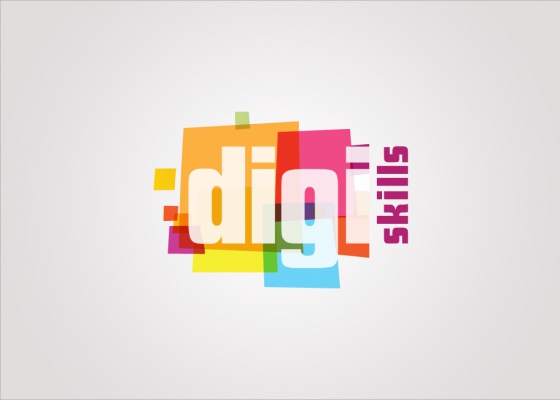CREATIVE LITTLE SCIENTISTS
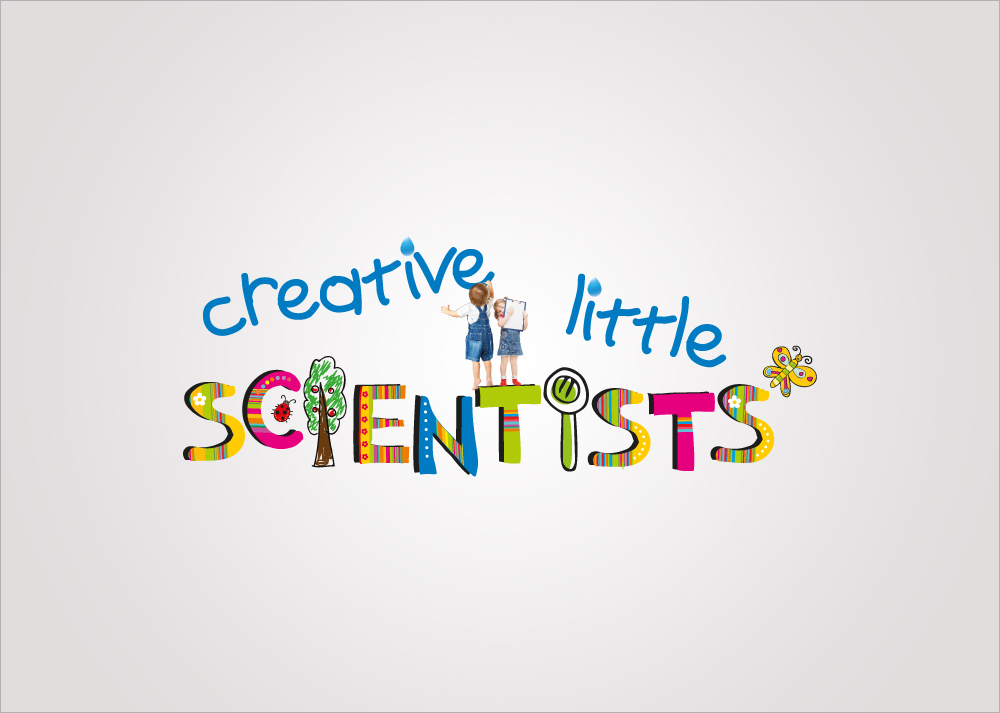
Course Description
The training course will be based on the teacher education curriculum design principles and guidelines formulated in the EU-funded project Creative Little Scientists (www.creative-little-scientists.eu) and aims to promote creative approaches to science and mathematics learning in preschool and the first years of primary school. More specifically, the objectives of the training course specify that teachers as a result of the course will feel empowered to: use inquiry-based and creative science education approaches; have positive attitudes towards learning and teaching science, mathematics and creativity; act as innovators, researchers and reflective practitioners; and engage in communities and partnerships with other stakeholders (other teachers, parents, professional associations, experts, etc.).
The course will leverage an inquiry-based creative approach through hands-on and reflection sessions to experience the principles of inquiry-based and creative science learning, while introducing the basics of curriculum design research and exploring teacher education curriculum design principles. The latter cover: learning activities, role of teacher educator, materials and resources, grouping, location, time; and assessment.
Finally, course participants will be introduced to learning repositories for sharing learning resources and will explore best practices of using digital technologies and resources to promote creative science learning. They will be given the opportunity and tools to design their own teaching materials using digital content resources from digital repositories and collections of science museums and centres.
The training course overall comprises 10 hours of guided explorations, and 15 hours of hands-on workshops. All participants will have direct access to PCs (although participants are encouraged to bring their own laptops) as needed to enhance the hands-on activities. Visits to non-formal learning settings (such as the Skinakas Observatory, and/or the Natural History Museum of Crete, and/or the Cretaquarium) will introduce participants to ways of using such settings with their students for creative science learning.
Years
Related Courses
GET IN TOUCH
- Dimitriou Panagea,
Pallini, Athens, GR - Phone: +30 2108176790
- Email: summerschools@ea.gr

